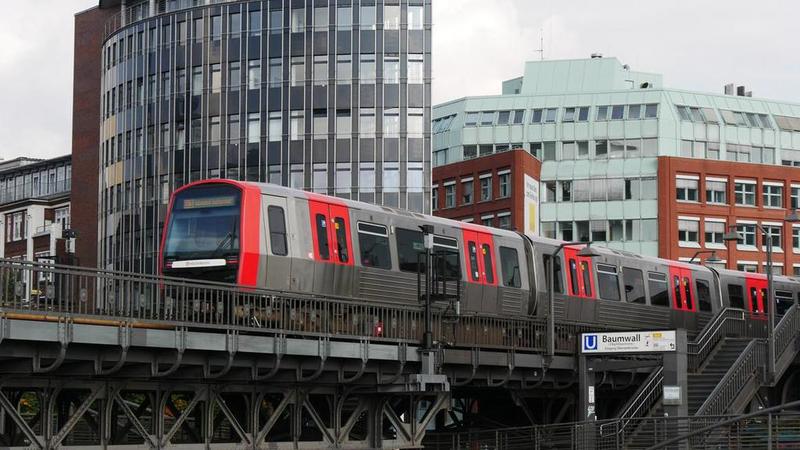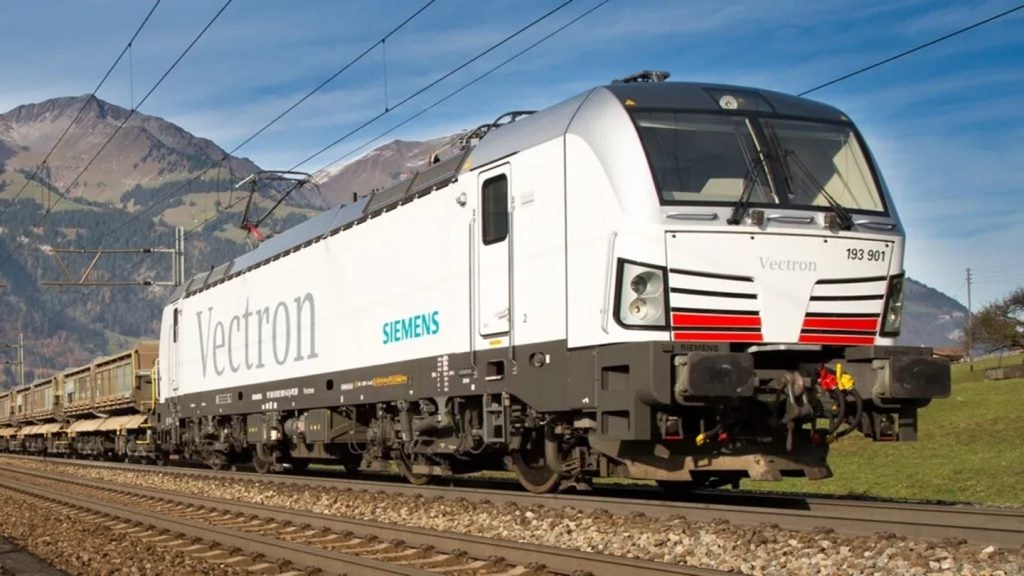
A consortium of Alstom and Bombardier Transportation has received a contract to supply 32 additional DT5 metro trains to Hamburger Hochbahn (Hochbahn) in Germany.
The total value of the contract is around €186m, of which Alstom’s share amounts to around €100m.
With the latest contract, Hochbahn has ordered a total of 163 DT5 metro trains.
Alstom will deliver the mechanical part, bogies and mechanical braking system. Bombardier will be responsible for the electrical equipment, driving system, vehicle control system and passenger information system.
All the trains will be assembled at Alstom’s Salzgitter site in Lower Saxony.
Alstom Germany and Austria managing director Dr Jörg Nikutta said: “For many years now, our vehicles have been shaping mobility in Hamburg. This order confirms that customers and passengers are satisfied with our vehicles and will continue to rely on the DT5 trains in the future.
How well do you really know your competitors?
Access the most comprehensive Company Profiles on the market, powered by GlobalData. Save hours of research. Gain competitive edge.

Thank you!
Your download email will arrive shortly
Not ready to buy yet? Download a free sample
We are confident about the unique quality of our Company Profiles. However, we want you to make the most beneficial decision for your business, so we offer a free sample that you can download by submitting the below form
By GlobalData“With this order, we will have delivered a total of 163 vehicles to Hamburg.”
The DT5 metro trains, which have been in operation in Hamburg since 2012, are designed as a spacious subway with wide corridors, continuous interior and multi-purpose areas.
The trains feature passenger information and monitoring systems, along with automatic doors for passenger convenience.
Each of these 40m-long vehicles is composed of three cars. Every train has 96 seats, 240 standing spaces and two additional wheelchair spaces.
Additionally, the trains are manufactured with lightweight stainless steel car bodies and regenerative braking system to improve efficiency.
As part of the contract, the trains are due to be put into commercial service from January 2021.







